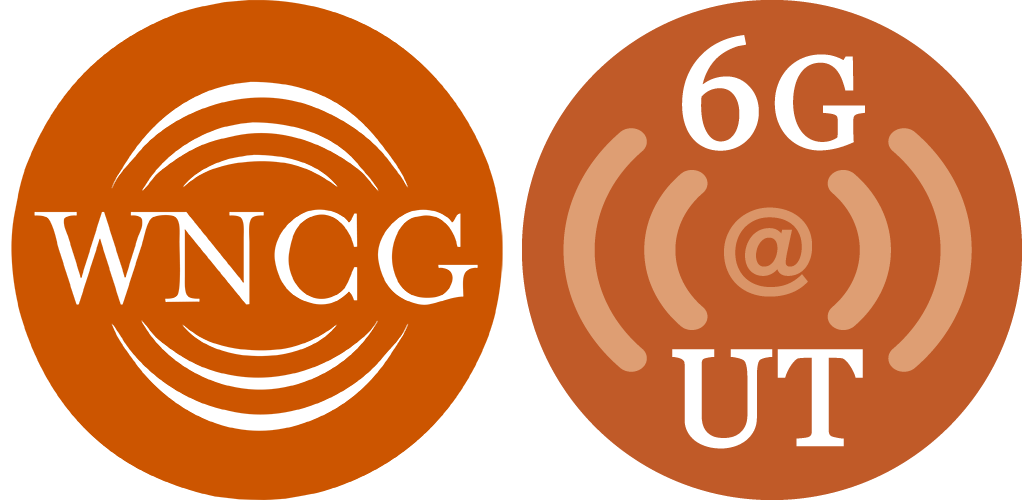by kyle wesson Over the past decade, GPS security researchers have repeatedly warned that civil GPS is insecure and that users trust its signals at their peril. Disruption created by intentional generation of fake GPS signals, a type of attack against GPS receivers known as a spoofing attack, could have serious economic consequences. The deepening dependence of the civil infrastructure on GPS---especially for timing and synchronization---and the potential for financial gain or high-profile mischief make civil GPS spoofing a gathering threat. The UT Radionavigation Laboratory, develops and evaluates civil GPS anti-spoofing techniques to protect receivers from attacks. They also characterize the effects of spoofing attacks on civil GPS receivers that aid operations in many critical sectors, including telecommunication and power. Their work on GPS security has received attention from industry and government agencies. For an overview of civil GPS anti-spoofing techniques, please see the following cover story in GPS World magazine. Kyle Wesson, Daniel Shepard, and Todd Humphreys, 'Straight Talk on Anti-Spoofing: Securing the Future of PNT,' GPS World, January, 2012. The Radionavigation Laboratory is online: http://radionavlab.ae.utexas.edu

